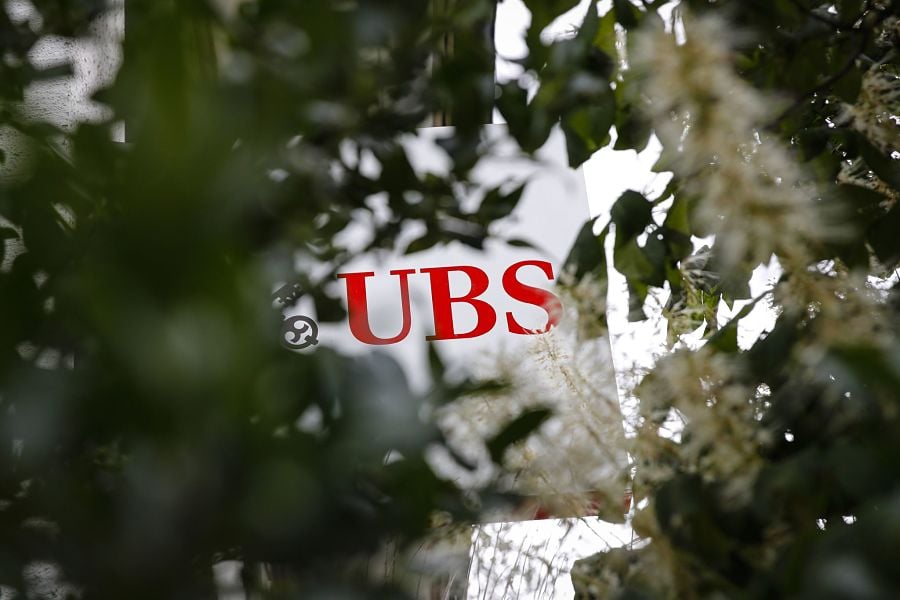

UBS' wealth management franchise in the United States, Canada and Latin America saw a decline in adviser head count last year but booming financial results, with the broad region that the Swiss bank dubs the Americas the most profitable region globally in the last quarter and, for the first time, for the full year.
The Americas wealth management business reported $386 million in earnings over the last three months of the year, an increase of 54% from the same period in 2019, according to the giant bank, which released its earnings Tuesday morning.
The record profitability in wealth management in the Americas was driven by growth in loans, separately managed accounts and adviser productivity, the company said. The average adviser produced fees and commissions at an astonishing annual rate of $1.5 million in the America, compared to $1.4 million per adviser in the third quarter.
UBS made it clear that it sees no correlation between head count and profitability. The bank had 6,305 advisers in the Americas region at the end of December, for a year-over-year decline of 3.7%, or 244 fewer advisers.
In its global wealth management business, which includes the Americas, UBS saw invested client assets hit $3 trillion at the end of last year, an increase of 14.5% compared to the end of 2019.
UBS said in 2016 that it was pulling back from recruiting financial advisers from its competitors, which is expensive, and focusing instead on the retention and productivity of its advisers. The bank eventually exited an industry agreement known as the protocol for broker recruiting, which has made it easier for brokers to change firms. At the time, UBS had about 7,000 advisers in the Americas region.
Global wealth co-heads Tom Naratil and Iqbal Khan have been in charge of the strategy at UBS wealth management, including the decision in 2019 to eliminate management fees on certain separately managed accounts. The firm said the new pricing of separately managed accounts resulted in $62 billion in net new client money since it was introduced at the end of 2019.
Other tweaks to the bank's wealth management business, including changes in the advisory billing methodology in the Americas to a client's daily average balance as of Oct. 1, had a positive impact on the results over the last three months of 2020, according to the bank.
UBS also said it intended to buy back $4.5 billion in stock over the next three years.

Relationships are key to our business but advisors are often slow to engage in specific activities designed to foster them.

Whichever path you go down, act now while you're still in control.

Pro-bitcoin professionals, however, say the cryptocurrency has ushered in change.

“LPL has evolved significantly over the last decade and still wants to scale up,” says one industry executive.

Survey findings from the Nationwide Retirement Institute offers pearls of planning wisdom from 60- to 65-year-olds, as well as insights into concerns.
Streamline your outreach with Aidentified's AI-driven solutions
This season’s market volatility: Positioning for rate relief, income growth and the AI rebound
